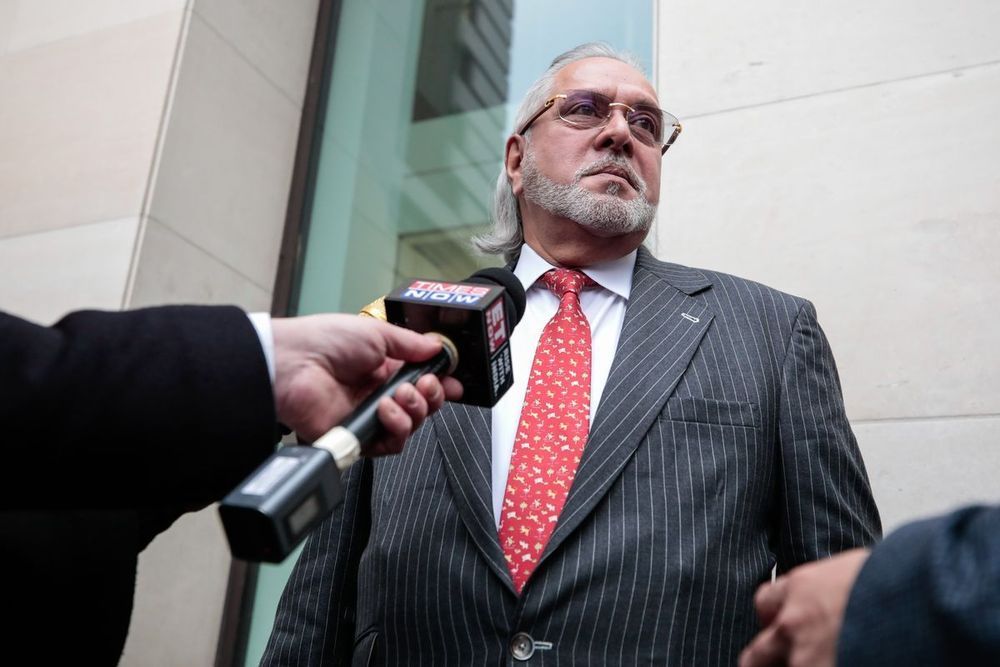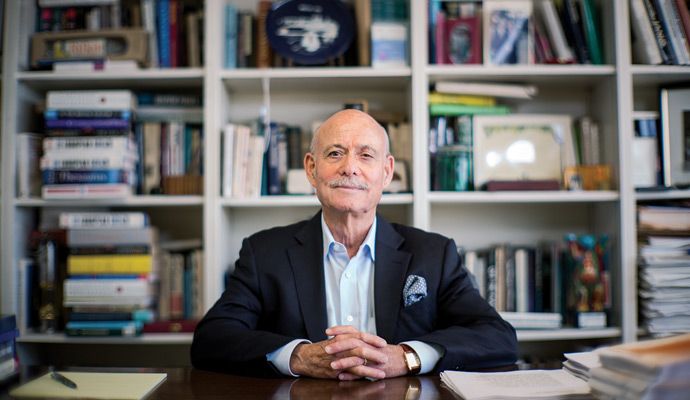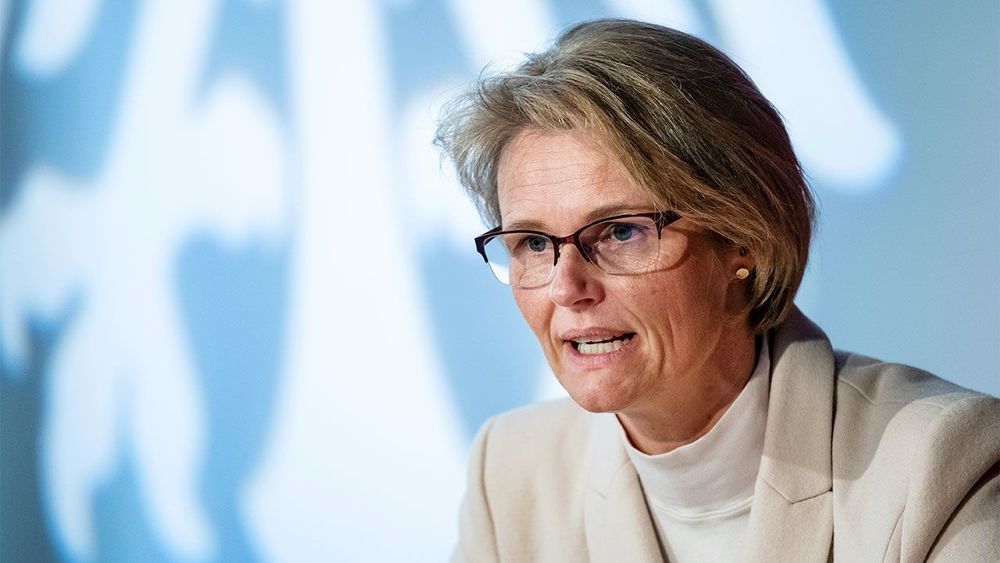Is super asymmetry a thing? And do big physicists really travel economy class?
Category: economics
Greg Autry reviews Robert Zubrin’s new book, The Case for Space. The good doctor knows a lot more than just Mars. The book envisions a bright future for humanity in the solar system and beyond, backed by scientific, engineering and economic analysis from the expert who brought us the Case for Mars.
While old business clans continue to dominate India’s rich lists, a tenfold expansion in its economy since its opening in the 1990s has spawned new tycoons in fields like technology. The number of billionaires in India more than doubled to 119 between 2013 and 2018, according to Knight Frank. And the country will lead the global growth in ultrahigh net worth individuals, with its numbers rising 39 percent to 2,697 by 2023, the researcher estimates.
India is going through one of the greatest periods of wealth creation — and destruction — all at the same time.
A new breed of self-made entrepreneurs is vaulting into the ranks of the wealthy, offsetting billions lost by debt-burdened industrialists and members of the country’s old dynasties. The changes are set to help India’s ultra-rich population grow at the world’s fastest pace.
A new type of money that allows users to make decisions based on information arriving at different locations and times, and that could also protect against attacks from quantum computers, has been proposed by a researcher at the University of Cambridge.
The theoretical framework, dubbed ‘S–money’, could ensure completely unforgeable and secure authentication, and allow faster and more flexible responses than any existing financial technology, harnessing the combined power of quantum theory and relativity. In fact, it could conceivably make it possible to conduct commerce across the Solar System and beyond, without long time lags, although commerce on a galactic scale is a fanciful notion at this point.
Researchers aim to begin testing its practicality on a smaller, Earth-bound scale later this year. S-money requires very fast computations, but may be feasible with current computing technology. Details are published in the Proceedings of the Royal Society A.
Get ready for a future in which most things you need to live, food, housing, transportation, and information, are free or nearly free.
The influential economic theorist looks ahead to a world of virtually free energy and zero marginal cost production, and to a desperate race against climate change.
BERLIN—German research organizations cheered a decision announced today by state and federal ministers to increase research budgets by 3% a year for the next decade—a total boost of €17 billion over that time. For more than a decade, German research organizations have enjoyed consistent budget increases—3% boosts every year since 2006, even during downturns in the German economy. But some observers have worried that falling tax revenues and deep disagreements between state and federal ministers could bring an end to the largesse.
State and federal government pledge €17 billion in extra funds through 2030.
A few years ago, a friend and fellow author Manu Saadia (author of Trekonomics: The Economics of Star Trek) posed a question to me about the viability of creating actual cities on other planets. It was, in his mind, one of the few things about Star Trek which seemed unrealistic, because of the fact that cities here on Earth thrive due to one important reason: imports/exports, i.e. resource exchange.
As we continue planning ahead for the future of both space travel and space colonization, the need for advanced 3D printing will ultimately dictate our ability to maintain viable civilizations on other planets.
David Harry Stewart, Founder and CEO of Ageist — IdeaXme — Ira Pastor — “Live Fast, Die Old!”
Posted in aging, biotech/medical, business, economics, entertainment, finance, futurism, genetics, geopolitics, health | Leave a Comment on David Harry Stewart, Founder and CEO of Ageist — IdeaXme — Ira Pastor — “Live Fast, Die Old!”
Jose Cordeiro is promoting the development of rejuvenation biotechnologies in Spain and the integration of Latin American immigrants into Spain’s aging society to maintain the country’s productivity. He was at the recent Undoing aging conference in Berlin and gave us an interview about his political goals.
At Undoing Aging 2019, jointly organized by SENS Research Foundation and Forever Healthy Foundation, there was a session focused on the ways to make healthy life extension and medical progress a greater part of the global agenda. Among the speakers there was Jose Cordeiro, the vice chair of Humanity Plus, director of The Millennium Project, fellow of the World Academy of Art and Science, and board member of the Lifeboat Foundation.
Jose earned his Bachelor’s and Master’s degrees in Mechanical Engineering at the Massachusetts Institute of Technology (MIT) in Cambridge, Massachusetts. His thesis was focused on the modeling of the International Space Station. Jose has also studied International Economics and Comparative Politics at Georgetown University in Washington, D.C., and received his MBA in France at INSEAD, where he focused on Finance and Globalization.
Last year, Jose decided to begin his political activities in order to foster the development of rejuvenation biotechnologies in Spain and to work on the integration of Latin American immigrants into Spain’s aging society and thus maintain the country’s productivity. He kindly agreed to give me an interview to discuss more about his ambitious initiative.








